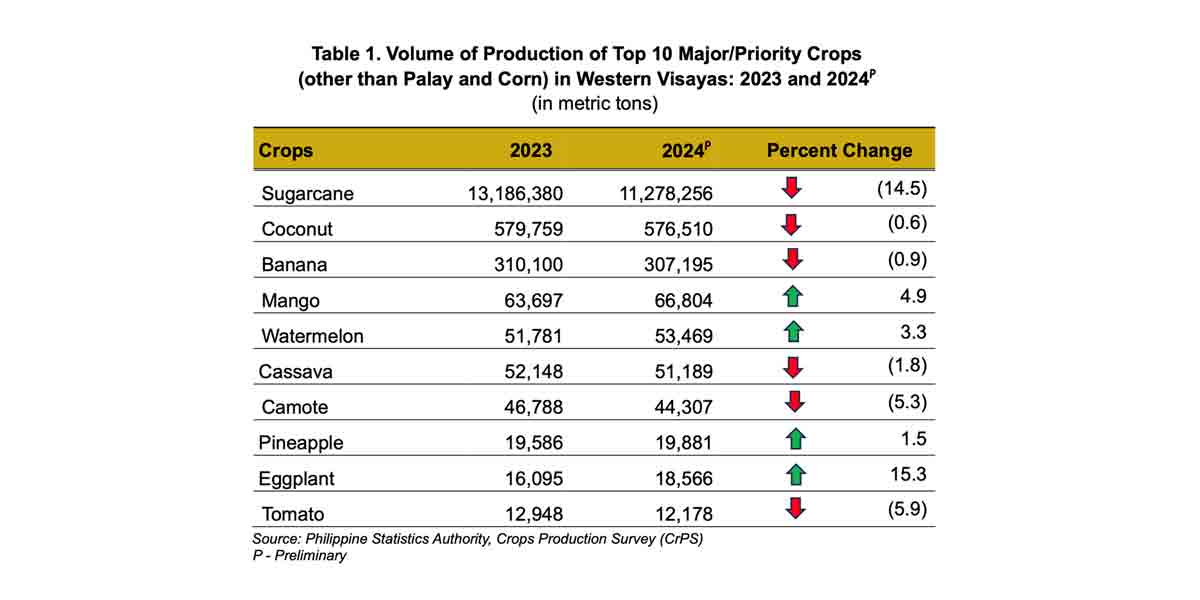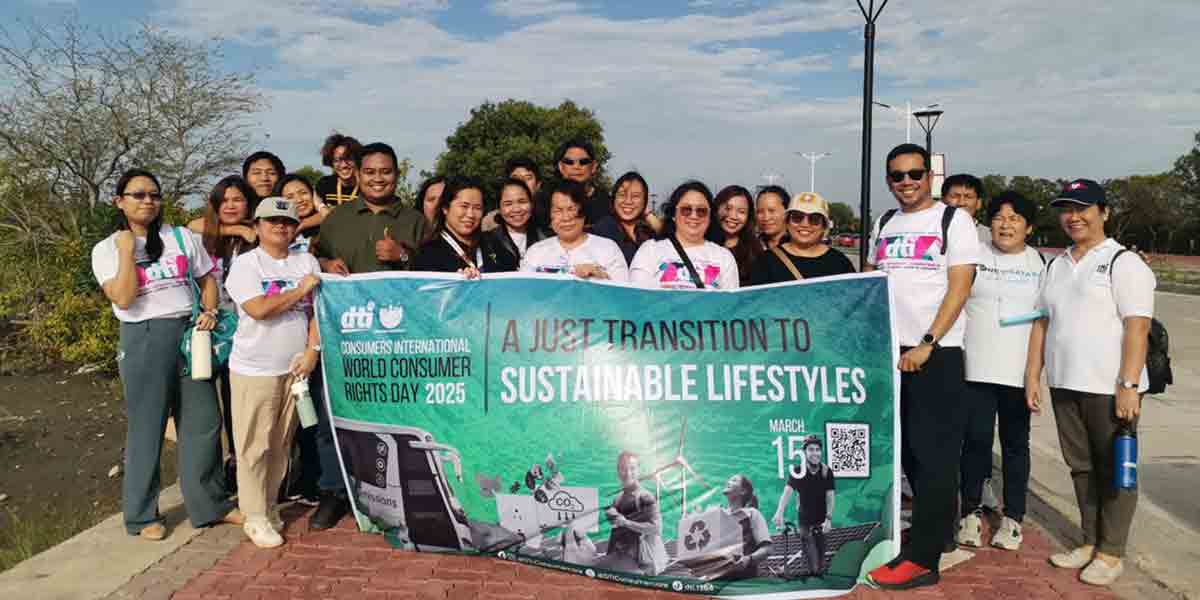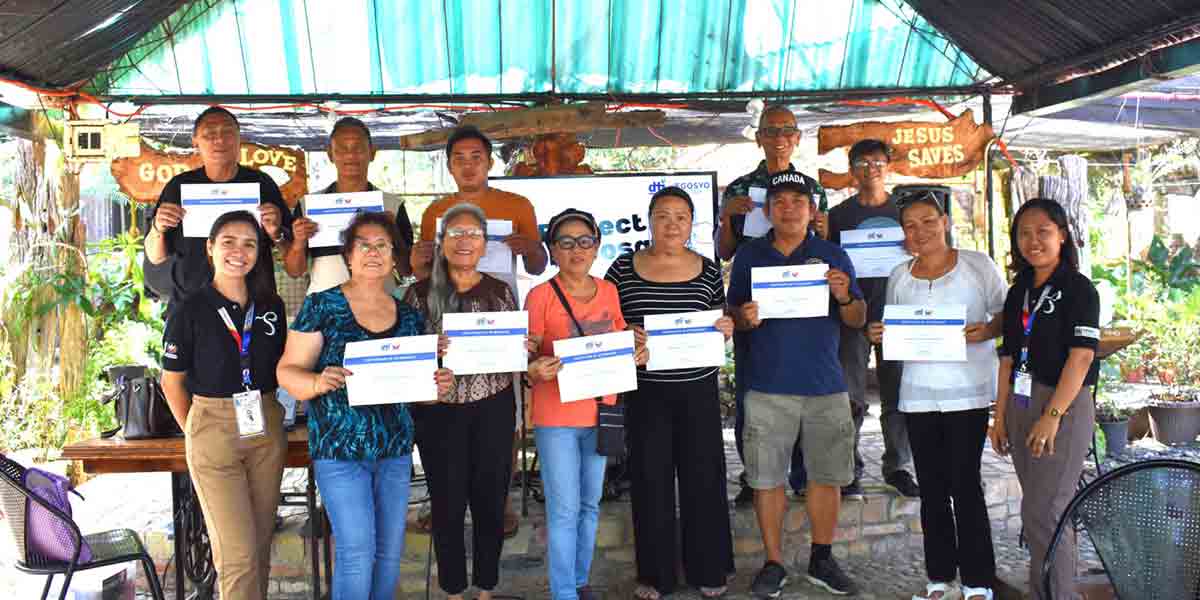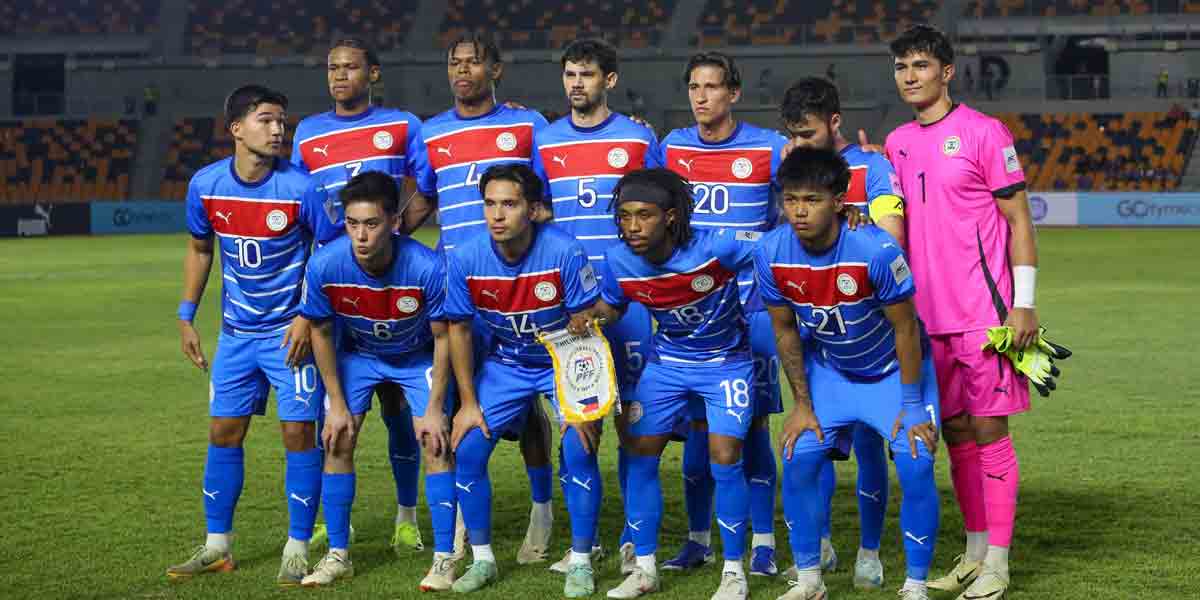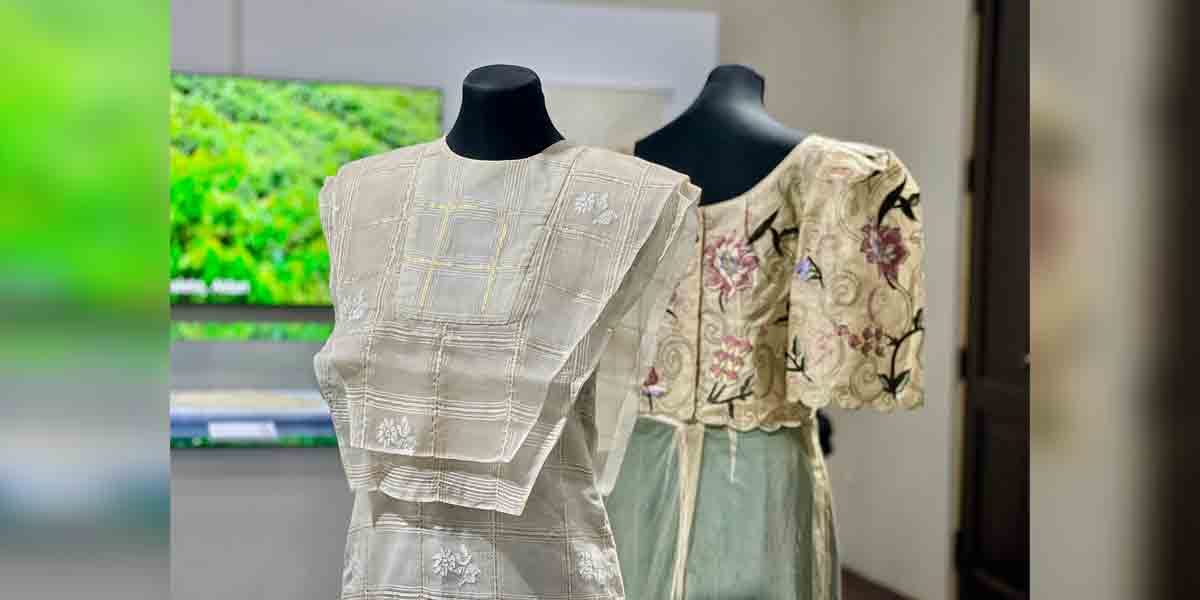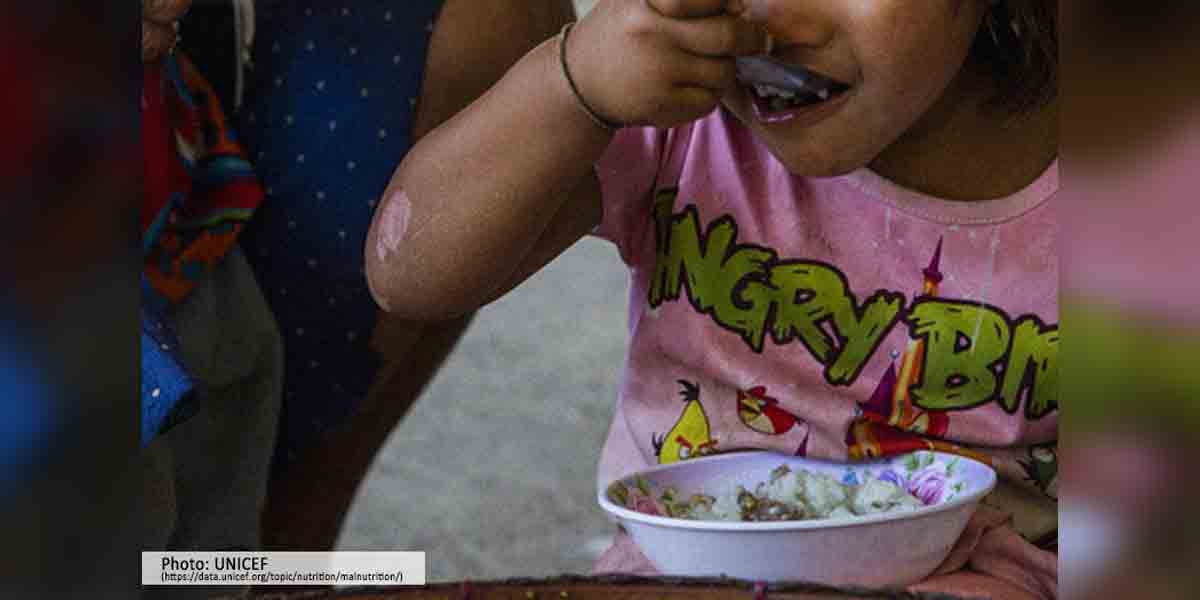
The Department of Labor and Employment (DOLE) Regional Office 6, in partnership with the Asian Development Bank (ADB) and Stitching BRAC International (BRAC) as the technical assistance provider, culminated the successful Ultra Poor Graduation (UPG) project in Negros Occidental.
Themed Grants to Graduation-Testing a New Approach to Poverty Reduction in the Philippines, the pilot interventions launched in July 2018 included the provision of DOLE’s Kabuhayan Starter Kit. It consisted of a one-time asset transfer, training in business planning, management and accounting, handling social health issues and establishing linkages to community groups and cooperatives.
“The livelihood assistance provided by DOLE was complemented with trainings by our partner, Stitching BRAC International (BRAC), to equip the beneficiaries with capabilities in handling the challenges of their endeavors and to change their outlook in managing finances and their income,” said DOLE-6 Regional Director Cyril L. Ticao.
DOLE’s initial grant amounting to P4,543,606 was utilized for the Traditional Vegetable Farming, Swine Fattening, Meat Processing, Negosyo sa Kariton and Salted Egg Processing Projects of two hundred seven (207) beneficiaries in the municipalities of Murcia and E.B. Magalona, Talisay City, Silay City, and Victorias City.
In 2019, DOLE released P7,093,800 for the Carabao for Draft, Egg Layer Production, Swine Fattening, Meat Processing and Negosyo sa Kariton livelihood projects to four hundred sixty-eight (468) new beneficiaries from the same identified areas.
BRAC’s monitoring report from November 2019 to January 2020 showed that those who have fried chicken food carts have the highest average profit per hour among the beneficiaries. It was followed by salted egg producers, fried snacks food cart vendors, and those on meat processing and swine fattening projects.
The beneficiaries have also changed their mindset and improved their capacity in saving their earnings. BRAC’s report in December 2019 revealed that about seventy percent (70%) of the nine hundred sixty-six (966) beneficiaries surveyed were able to generate savings, as compared to the sixty-one percent (61%) in June of the same year. Forty-three percent (43%) of them accessed financial institutions for their savings, while twenty-seven percent (27%) opted to keep their savings at home.
“This is already a success for us, knowing that beneficiaries have the capacity to sustain the livelihood projects provided to them, and be able to generate savings at the same time”, said DOLE Negros Occidental Head Mary Agnes N. Capigon.
BRAC measured the beneficiaries’ success rate based on consistency on food security, stability of income, maintenance of good health and resiliency amidst poverty.
“We hope that the beneficiaries will not just be able to sustain these projects, but also will diversify the same in the future”, added Capigon.




